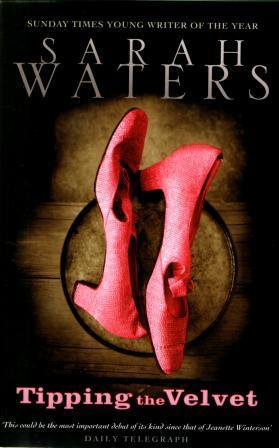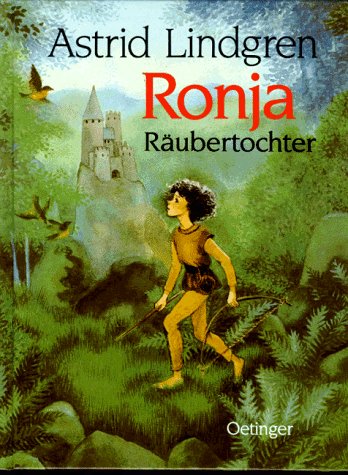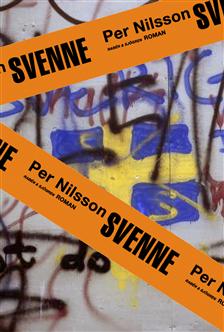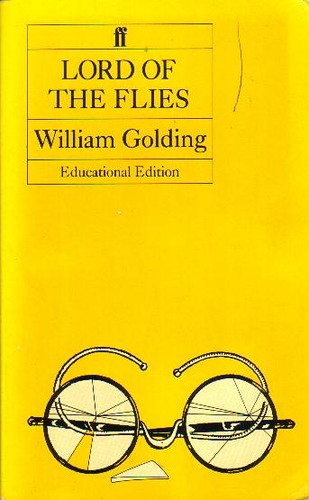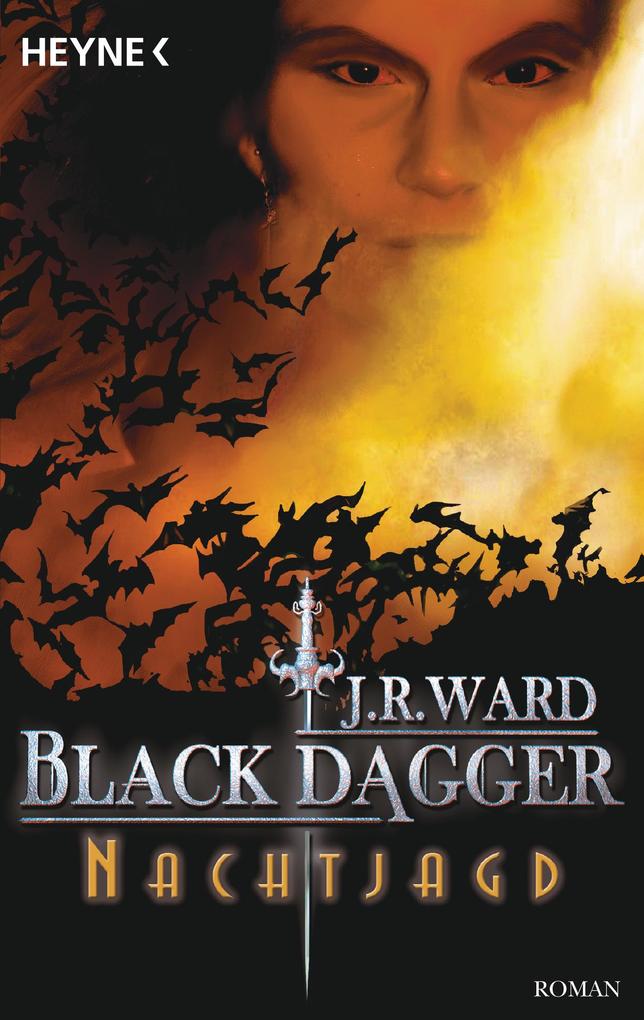I already talked about quite some books from my childhood and there are some books from my childhood left that I want to write about so badly, but which are better fit for other days, so instead of talking about them, I will talk about Sailor Moon. I don't know if Mangas qualify as books, but I will just assume that they do. I started to get into Mangas when I was about 12, but I was already crazy about Sailor Moon before that. I tend to get obsessed with things sometimes and Sailor Moon was definitely an obsession.
While I think the TV series is absolutely stupid and ridiculous today, I kind of still like the Mangas. The story isn't the most original one, but it's not stupid either. Also, there are females warriors, which is always a good thing (even though they are wearing stupid outfits and don't have guns) and there are gay and lesbian characters as well as people dressing up in drag – something I haven't seen in a lot of western children's books.


